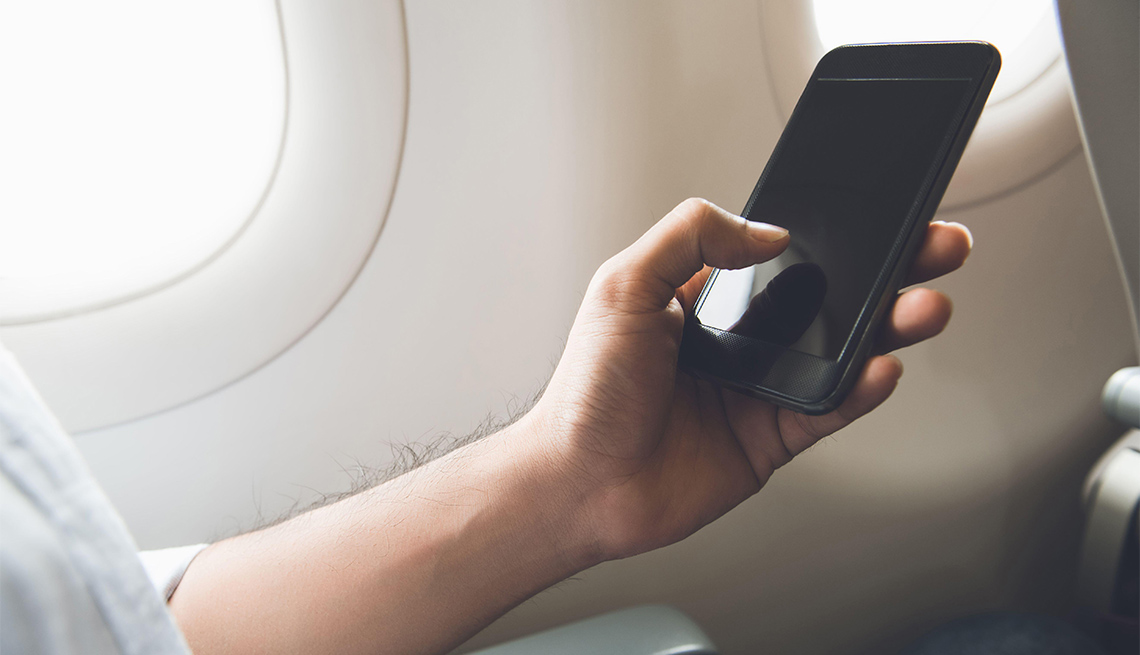Play all audios:
The rollout of AT&T’s and Verizon’s new 5G cellphone service won’t affect 90 percent of the commercial airplanes in the United States, according to the Federal Aviation Administration.
The agency, working with airline manufacturers, determined that the planes’ altimeters operate on radio frequencies that won’t face interference from increasing use of 5G. Still, the effect
on the remaining commercial fleet is not yet fully known. Some older regional jets, such as the Embraer 145, don’t have approved radio altimeters, the FAA said in an email. Regional airlines
operate the smaller jets, often in partnership with larger air carriers. In a Jan. 28 statement, the FAA said it had reached an agreement with AT&T and Verizon that will enable more
aircraft to safely use key airports as 5G service expands nationwide. Earlier in January, AT&T and Verizon had agreed to limit the rollout of 5G around runways after the FAA warned that
the cell service expansion could make flying unsafe. “It is possible to safely and more precisely map the size and shape of the areas around airports where 5G signals are mitigated,
shrinking the areas where wireless operators are deferring their antenna activations,” FAA officials said Friday. PROBLEMS COULD HAPPEN IF VISIBILITY IS POOR The FAA had warned it would
limit flights because it was concerned that 5G, which provides faster downloads and data connections than the nearly obsolete 3G or widespread 4G networks, could interfere with plane and
helicopter radio altimeters, which determine the distance between aircraft and the ground. Pilots on some aircraft would have to take extra measures when landing in bad weather, it said,
and dozens of airports would be unable to accommodate low-visibility landings. The agency advised passengers to anticipate flight delays and cancellations. Airline executives said they
feared that the rollout and associated FAA restrictions would lead to chaos, stranding passengers in airports and delaying transport of goods by air. Carriers are already facing
increasingly frustrated customers and problems with staff shortages as part of fallout from the coronavirus pandemic. “Unless our major hubs are cleared to fly, the vast majority of the
traveling and shipping public will essentially be grounded,” said a letter signed by the chief executives of 10 major U.S. passenger and cargo airlines, who described the potential blow to
the economy as “simply incalculable.” With the approach of Jan. 19, the delayed date for AT&T and Verizon to start using the disputed portion of the radio spectrum, several foreign
airlines canceled flights to the U.S. because of worries about the safety issue.

